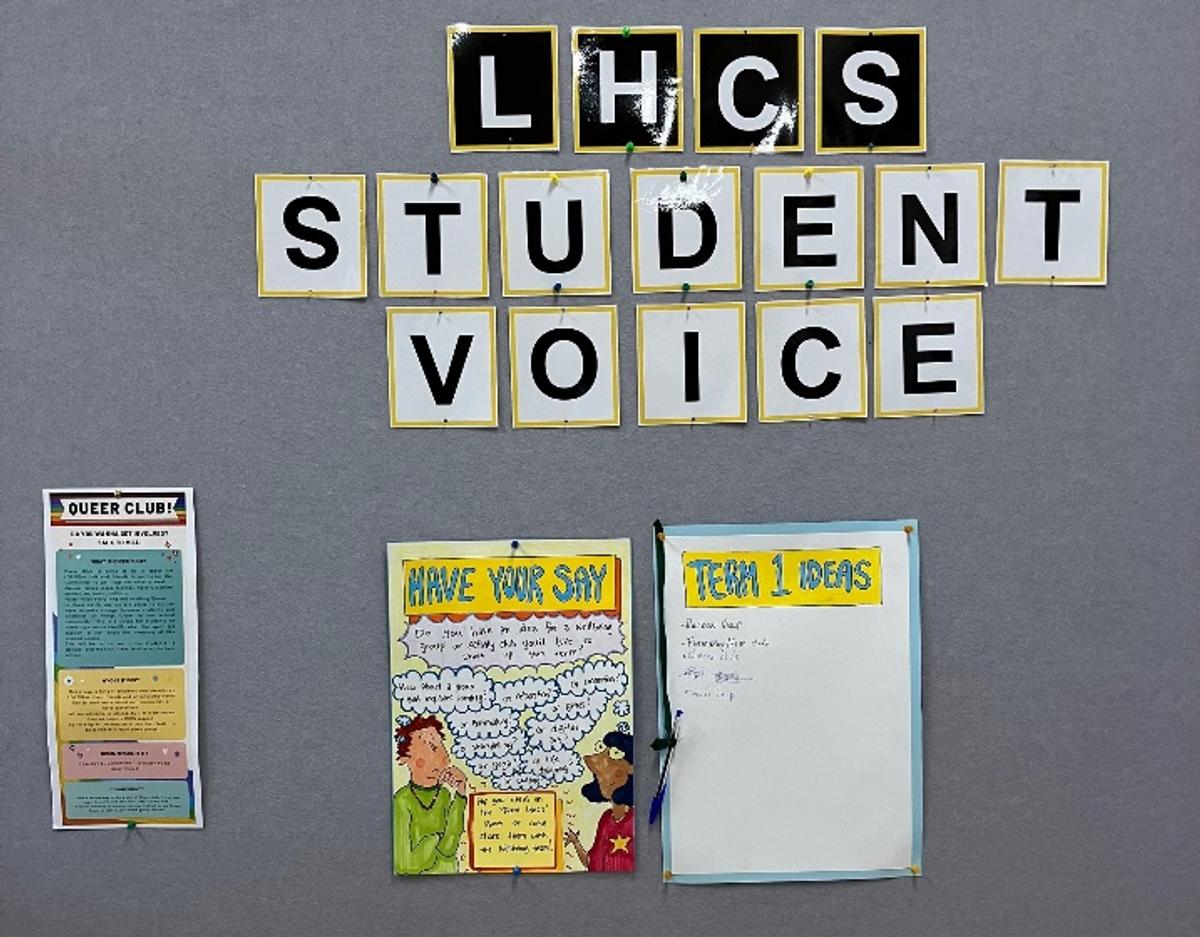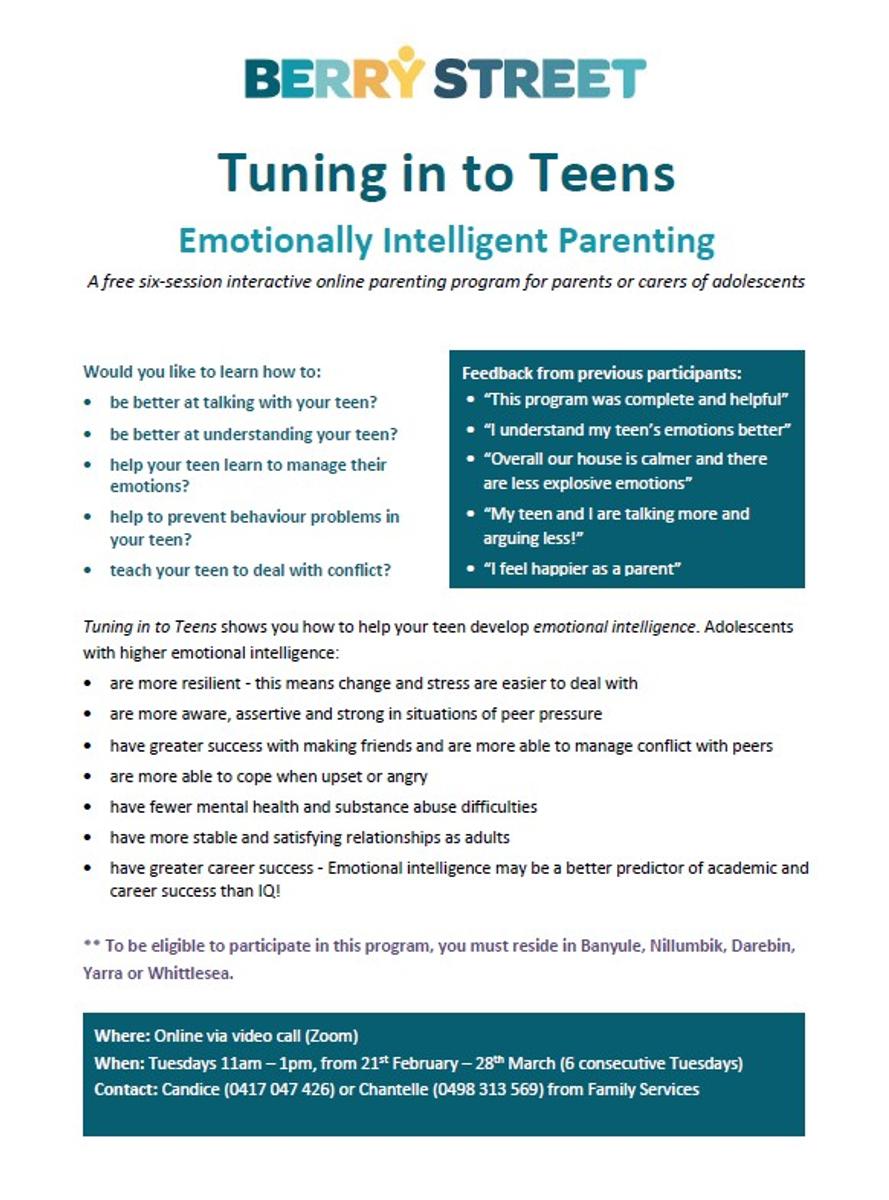Health & wellbeing news

Welcome to 2023
The school's Wellbeing Team would like to wish a Happy New Year to all our students, families, and staff. We hope all had an enjoyable summer break and are feeling ready for the year ahead. A particularly special welcome to the year 7 cohort and any new students to our school community. We are looking forward to working together and celebrating all things health and wellbeing in 2023.
Just in case you are new to the school community or need a reminder of who supports student wellbeing at LHCS, see below:
Student Wellbeing Coordinator- Noah
Youth Worker (Richmond 7/8 & 9/10-Group 2)- Jess
Youth Worker (Richmond 9/10- Group 1 & VCE-VM)- Rylie
Careers, Pathways, and Transitions- Mill
Youth Worker (Coburg Students)- Seána
Art Therapist (Coburg/Richmond)- Elle
Art Therapist (Richmond/Coburg)- Kiki
Mental Health Practitioner- Gen
Secondary School Nurse- Tess
Student Art Therapist- Sarah
Student Voice Groups
Some of you might have seen some posters in the Common Room at Richmond regarding Student Voice Groups. If you have an idea for a club/group you would like us to start, please see a wellbeing staff member or write the idea on the board. There will be more information in the coming weeks about clubs!
Queer Club
LHCS is a diverse and inclusive school and we are mindful about creating a safe and supportive environment for our LGBTIQA+ students.
External Parenting Courses
Berry Street Family Services is offering Tuning in to Teens (parenting program) once more in Term 1. It will run on Tuesdays from 11am – 1pm for 6 consecutive weeks, beginning on 12th February and finishing on 28th March. They are delivering the group online, via Zoom. The group is facilitated by 2 Family Services case managers, and will cap the group at approximately 8 participants.
For those of you that may be unfamiliar with the group program, here are some key features and benefits:
- Interactive evidence-based parenting program developed by child and adolescent psychologists from the University of Melbourne.
- Sessions are built around group discussion, activities, and some role plays where caregivers reflect on their parenting and practice the strategy of Emotion Coaching, sharing their experiences with the group.
- Supports caregivers to better attune to their teen’s emotions and support them with these through Emotion Coaching.
- Supports caregivers to teach their teens how to better manage their emotions.
- Can reduce isolation for caregivers through peer support.
- Helps to prevent or reduce behaviour problems in teens through a more connected relationship with the caregiver.
- Helps promote resilience in teens.



